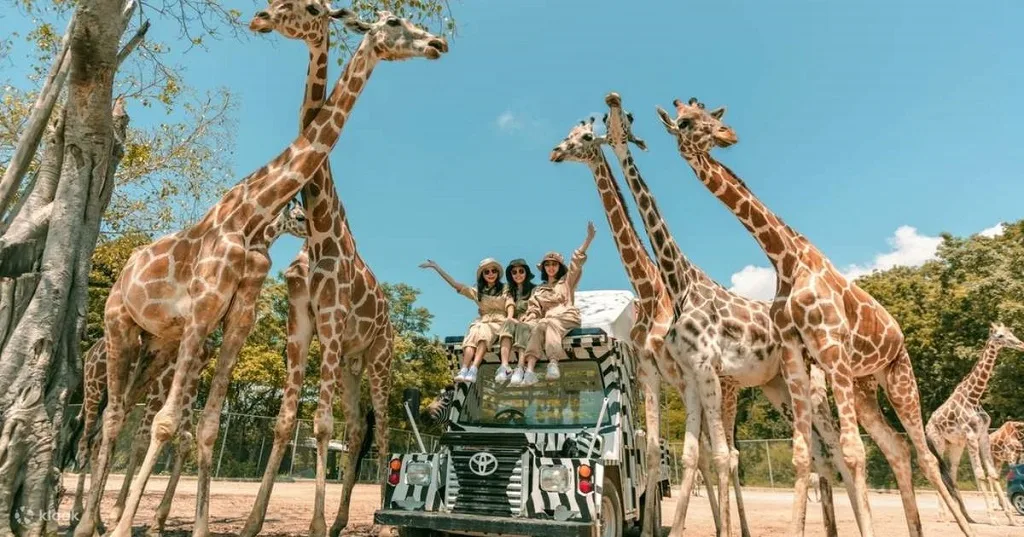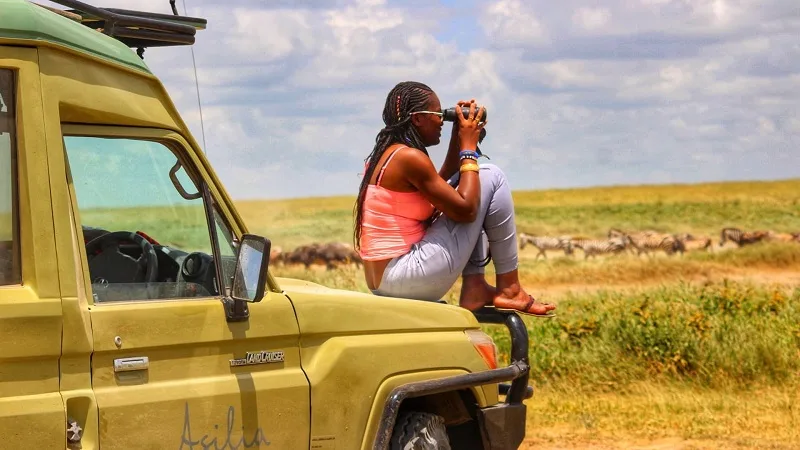Safari Holidays: From Adventure to Relaxation
Safari adventures are not just travel experiences; they are a bridge to nature’s untouched spectacles. This article delves into the essence of safaris as a hobby and explores its facets as a unique vacation choice.
What is Safari?
A safari is traditionally associated with game viewing in Africa, where visitors traverse wildlife reserves in vehicles or on foot to observe animals in their natural habitat. However, the concept has expanded globally to include wildlife experiences in various environments, from the jungles of South America to the icy realms of the Arctic.
Safaris offer a blend of adventure, wildlife education, and conservation awareness. They attract those looking to disconnect from the digital world and immerse themselves in nature. Moreover, they contribute to local economies and conservation efforts, making them a responsible choice for eco-conscious travelers.
What Kind of Vacation is a Safari, and What Makes it Unique and Problematic?
Unlike typical vacations that revolve around relaxation and sightseeing, safaris are adventurous and educational. They offer unique insights into the lives of wildlife and the challenges they face, such as habitat loss and poaching.
However, the rise in popularity of safaris has brought about challenges such as overcrowding and environmental degradation. Ethical considerations must be at the forefront of safari operations to ensure that tourism does not harm wildlife or disrupt their habitats.
What You Need to Know Before Starting This Hobby
Before embarking on a safari, it’s essential to research and choose responsible tour operators who adhere to ethical wildlife tourism practices. Preparation should include understanding the physical demands and safety measures of wildlife interactions.

Where You Can Find Such a Hobby
Safaris can be enjoyed in numerous locations around the world. Africa remains the most popular destination with countries like Kenya, Tanzania, and South Africa offering iconic safari experiences. For those interested in a colder climate, polar bear safaris in Canada provide a stark contrast to the African savannah.
Additionally, wildlife safaris in India allow visitors to encounter exotic species such as tigers and elephants. Closer to home, various wildlife reserves in the United States offer opportunities to see native species in their natural settings.
Exploring the diverse types of safaris available can help you choose the one that best suits your interests and physical capabilities.
Choosing the right safari is crucial for a fulfilling experience. It’s about finding a balance between your comfort zone and the level of adventure you seek. Whether it’s witnessing the Great Migration in the Serengeti or tracking gorillas in Uganda, the right safari can offer an unforgettable encounter with the wild.
Each safari destination offers its unique wildlife and landscapes. Researching and planning with a focus on sustainability and ethical practices will enhance your experience and contribute positively to conservation efforts.





